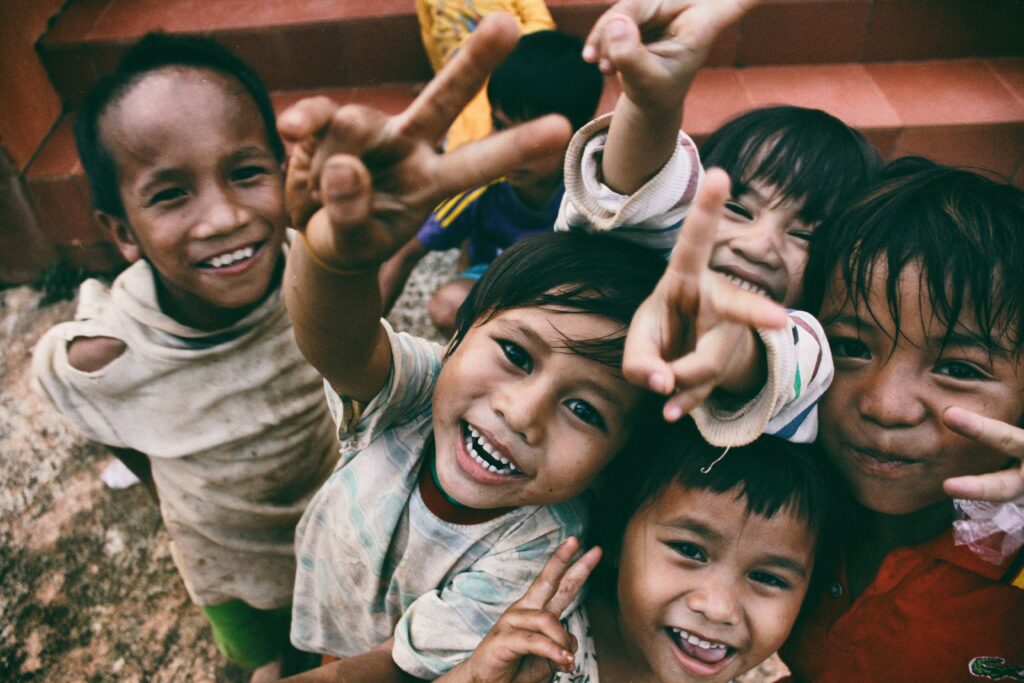Are you a generous person?
If you know of a family in your town whose house burned down, do you gather a collection of clothes and household items that they need and deliver them?
When a hurricane strikes or a tornado blows a town apart, do you decide to send money to help in the recovery?
Have you ever started a chain of benevolence in a restaurant line when you pay for the order of the car behind you? Or paid the bill for a couple in a restaurant for the sheer joy of surprising people you don’t even know?
If so, you are a generous person.
Generosity, the act of giving selflessly to benefit others, is a trait deeply ingrained in human nature. It’s a quality that not only enriches the lives of the recipients but also brings immense joy and fulfillment to the giver.
What makes you generous, and how does this generosity impact our world?
What makes you generous?
While generosity is ingrained in humanity, not every person on earth practices it.
What, exactly, is it that makes you generous?
No biological gene exists for generosity, but science does point to certain factors that cause people to want to give to others.
FACTOR ONE: Giving to others makes you feel good, lighting up the pleasure sensors in your brain.
Generosity is often seen as an act of selflessness. However, studies reveal that generosity is as much about benefitting the giver as it is about helping others. We enjoy giving to someone or something we care about.
This act of giving lights up regions of our brain associated with pleasure, social connection, and trust.
One reason you’re generous is because it feels good to be so.
FACTOR TWO: Positive emotions like gratitude, joy, or awe trigger our willingness to give to others and are factors in what makes you generous
Giving promotes well-being for yourself AND for others. It’s a positive cycle that benefits the world! The happier we feel when we give, the more likely we are to give to others again in the future.
Happy people create a positive cycle of giving that continues for years.
The second reason generosity is cultivated is because once you feel good, you’re more likely to repeat the behavior that caused it.
“One good deed” does, for sure, provoke another.
FACTOR THREE: Generosity is modeled by others
Some people learn to be generous by watching the actions of others. Parents, mentors, and nonprofit organizations all model the behavior of “givers.”
Often, when the impact of generosity is observed, a person understands the power of giving and wants to emulate it. Sometimes, they see it as a responsibility taught to them by their elders.
How the World – and Casa de Sueños – Benefit from Generosity
Generosity has a profound impact on our world. It fosters greater inclusivity, diversity, and understanding, ultimately benefitting society as a whole. When we give back to our communities, we create positive change and build stronger, more resilient societies.
Nowhere is this more important than in underprivileged, impoverished communities like the inquilinatos of Medellin, the very areas that Casa de Sueños serves. Casa de Sueños is Medellin’s premier nonprofit for poor children and abused young women.
The generosity of donors feeds, educates, and provides counseling for those who need it the most. The donations and the kindnesses of our patrons and volunteers give children a chance at a new life, the understanding that the world is bigger than the inquilinatos, and the hope of a better future.
When you worry about the world, look at the generosity around you!
Millions of people are generous. They practice their belief in giving to others not just once, but routinely and throughout their lifetimes.
Charitable giving is a testament to the power of generosity. In 2021, individuals, bequests, foundations, and corporations gave an estimated $484.85 billion to U.S. charities. This figure represents a 4.0% growth over the revised total of $466.23 billion contributed in 2020.
Moreover, six out of ten U.S. households donate to charity in a given year, with the typical household’s annual gifts adding up to between two and three thousand dollars. Over 80% of all donations to charities and nonprofit organizations in the U.S. come from individuals.
Casa de Sueños has donors from all over the world, including the United States, but also from Colombia. From large corporations to individual donors, generous people are giving to this extraordinary nonprofit geared at helping the children and young women who live in the inquilinatos. From large donations to small ones; from recurring donations to one-time gifts, the generosity of others is priceless.
Are you a generous person?
Generosity is more than just an act of giving; it’s a powerful force that can transform lives, communities, and our world. It’s been said that “we rise by lifting others.” See how good it feels to help others. Be part of the cycle of positivity that starts by giving to Casa de Suenos.

